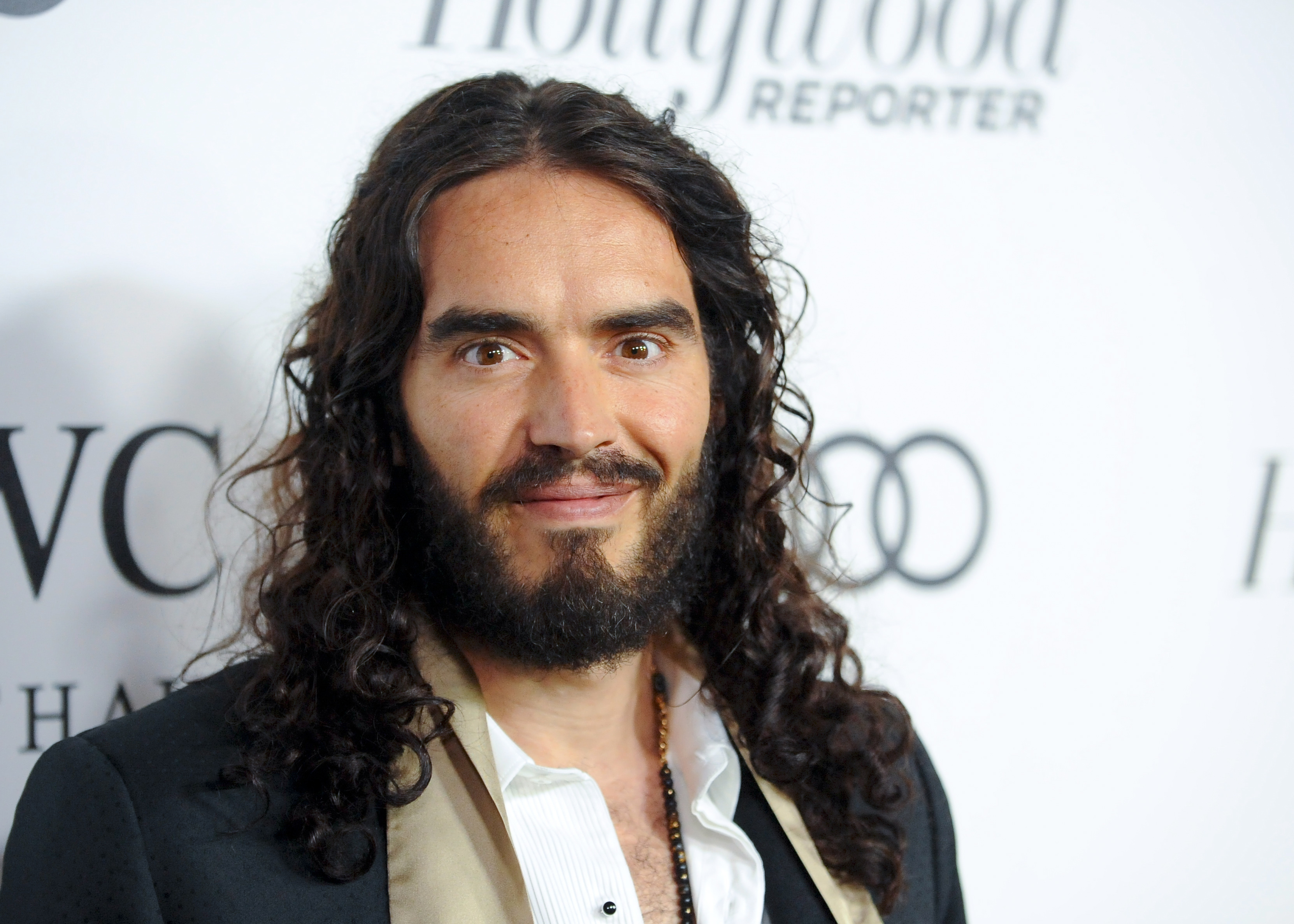
British police said they had launched an investigation into a number of allegations of “non-recent” sexual offences following media reports that four women had accused actor and comedian Russell Brand of a string of sexual assaults.
Earlier this month, the Sunday Times newspaper and Channel 4 TV’s documentary show Dispatches reported that the women had accused Brand, 48, of sex offences, including rape, between 2006 and 2013.
Brand has rejected the allegations, saying on his social media channels that he had never had nonconsensual sex.
“Following an investigation by Channel 4’s Dispatches and The Sunday Times, the Met has received a number of allegations of sexual offences in London,” London’s Metropolitan Police said in a statement.
“We have also received a number of allegations of sexual offences committed elsewhere in the country and will investigate these.”
Brand, the former husband of US singer Katy Perry, issued a video message earlier this month on social media to deny the “very serious criminal allegations” hours before they were published on September 17.
The Times and Dispatches said one woman had made an allegation of rape, while another said Brand assaulted her when she was 16 and still at school. Two of the accusers had reported the incidents occurred in Los Angeles.
Last week, YouTube announced that Brand will no longer make money from the video streaming site, where his account has 6.6 million subscribers.
Other channels associated with Brand’s main YouTube page include Awakening With Russell (426,000 subscribers) and Football Is Nice (about 20,000 subscribers) and Stay Free With Russell Brand (22,200 subscribers).
However – online video platform Rumble, where Brand also posts his content and has more than 1.4 million subscribers – has refused to stop his ability to make money from their site.
In fact, the Canada-based site condemned a letter by members of UK’s parliament expressing concerns about the 48-year-old comedian being still allowed to use the platform.
Rumble chief Chris Pavlovski said it is “deeply inappropriate and dangerous that the UK parliament would attempt to control who is allowed to speak on our platform or to earn a living from doing so”.







